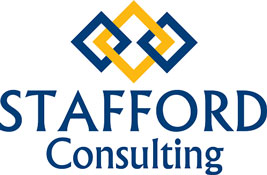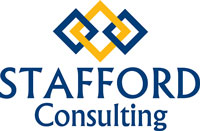Project Description
Description
This course is designed for entry level project managers with a basic understanding of functional knowledge, skills, and an understanding of key requirements to fulfilling that role. This course primarily focuses on the identification of project management roles, responsibilities, decision points, and key deliverables required for effective acquisition management throughout all phases of a project’s lifecycle.
Learning Objectives
- Define the requirements development process
- Recognize applicable laws, statutes and regulations
- Identify the major organizations that control and execute the Federal acquisition process
- Comprehend the interrelationship of the applicable governance, budgeting and requirements
- Describe the development requirement process
- Recognize the role of the Acquisition Strategy and other key planning documents
- Recognize the program manager’s responsibility
- Generalize the risk management process
- Comprehend the concept and utility of working groups and project teams
- Identify the functions of working groups and project teams
- Generalize the multiple technical disciplines as part of a structured development process
- Recognize the importance of integrating the Systems Engineering (SE) life cycle
- Identify and relate the utility of key technical management
- Recognize the roles and responsibilities of the Government and the contractor in the SE process
- Identify the principles, methods, and tools for analyzing and developing systems testing and evaluation
- Recognize the importance of test and evaluation to acquisition decisions
- Identify the role that T&E plays in system engineering process
- Relate how systems life cycle management concepts are used to plan, develop, implement, operate and maintain system operations and formulate plans to support a system life cycle
- Express understanding of the concept of integrated product support
- Comprehend performance-based logistic efforts that optimize total life cycle cost benefits
- Describe the various contracting requirements in developing Statements of Work, cost, schedule scope and support documents
- Contrast the roles and responsibilities between the contracting officer and the program manager
- Recognize the need for comprehensive program specification and requirements statement
- Describe pre-award actions and associated contracting methods
- Define the process for developing comprehensive program specification
- Recognize the benefits of performance-based acquisition
- Relate principles, methods, or tools for developing, scheduling, coordinating and managing projects and resources
- Comprehend the Congressional appropriation process
- Generalize common uses of cost estimating, cost analysis, financial planning and budgets
- Recognize cost estimating processes, methods and techniques
- Recognize the basic concepts of Earned Value Management (EVM)
- Understand budget execution and OMB A-11, other applicable policies
- Recognize common formats for business case analysis
- Describe the principles, methods, and tools required to lead and manage
- Recognize the basic role of the Program Manager; the qualities of leadership and management
- Recall the accepted methods how to lead/manage a project team
Course Details
- Course Length –5 days
- Graded Materials Include: Attendance of all Instructional Hours, Participation, and Course Exercises, Exam
- Pre-course work Required: None
*It is recommended that FAC-P/PM courses are taken in order.
| Course ID |
|---|
FPM 120B
| Course Length |
|---|
5 Days
| CLPs |
|---|
40
| Delivery Method |
|---|
Course is available In-Person and Virtually

